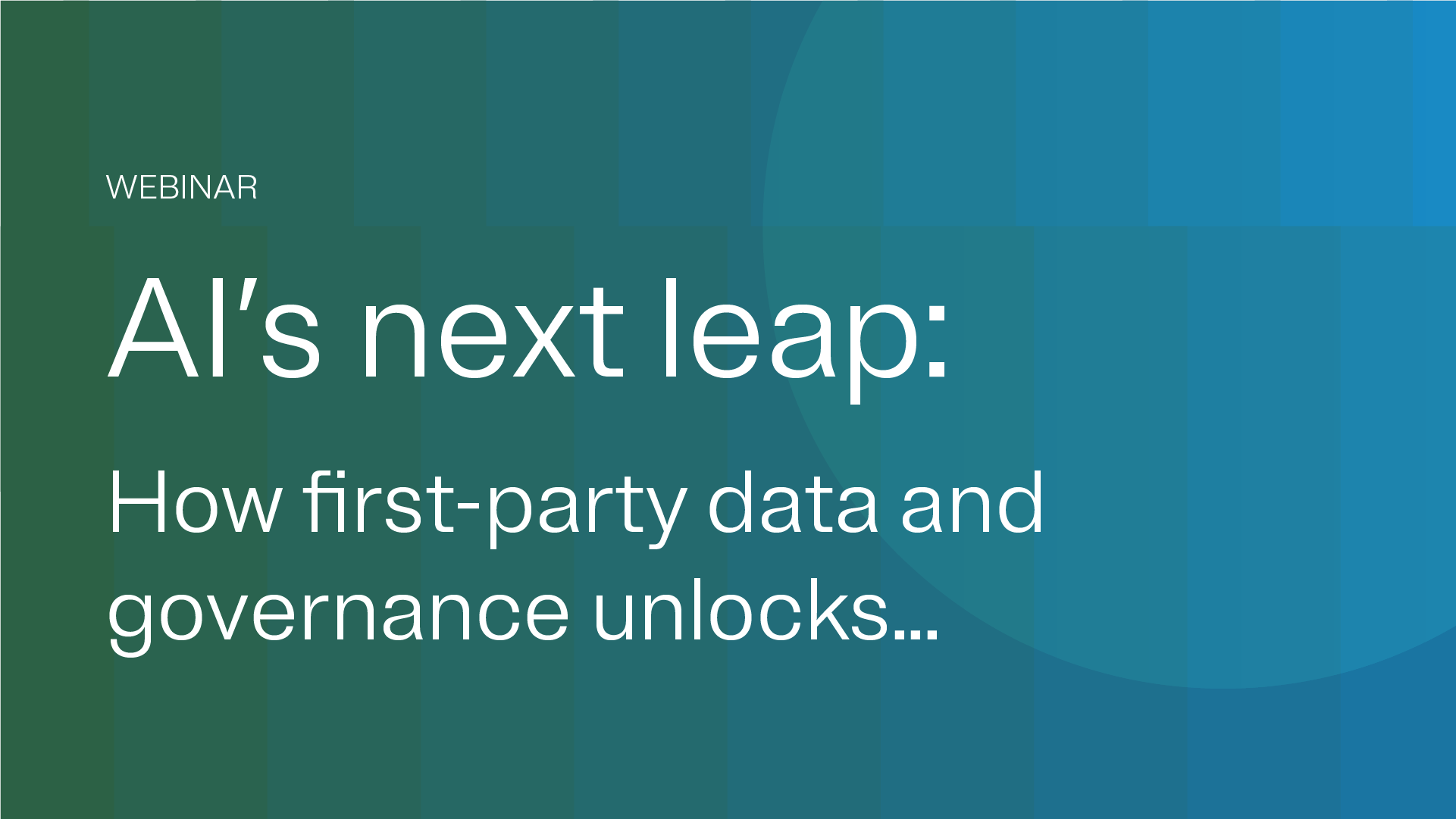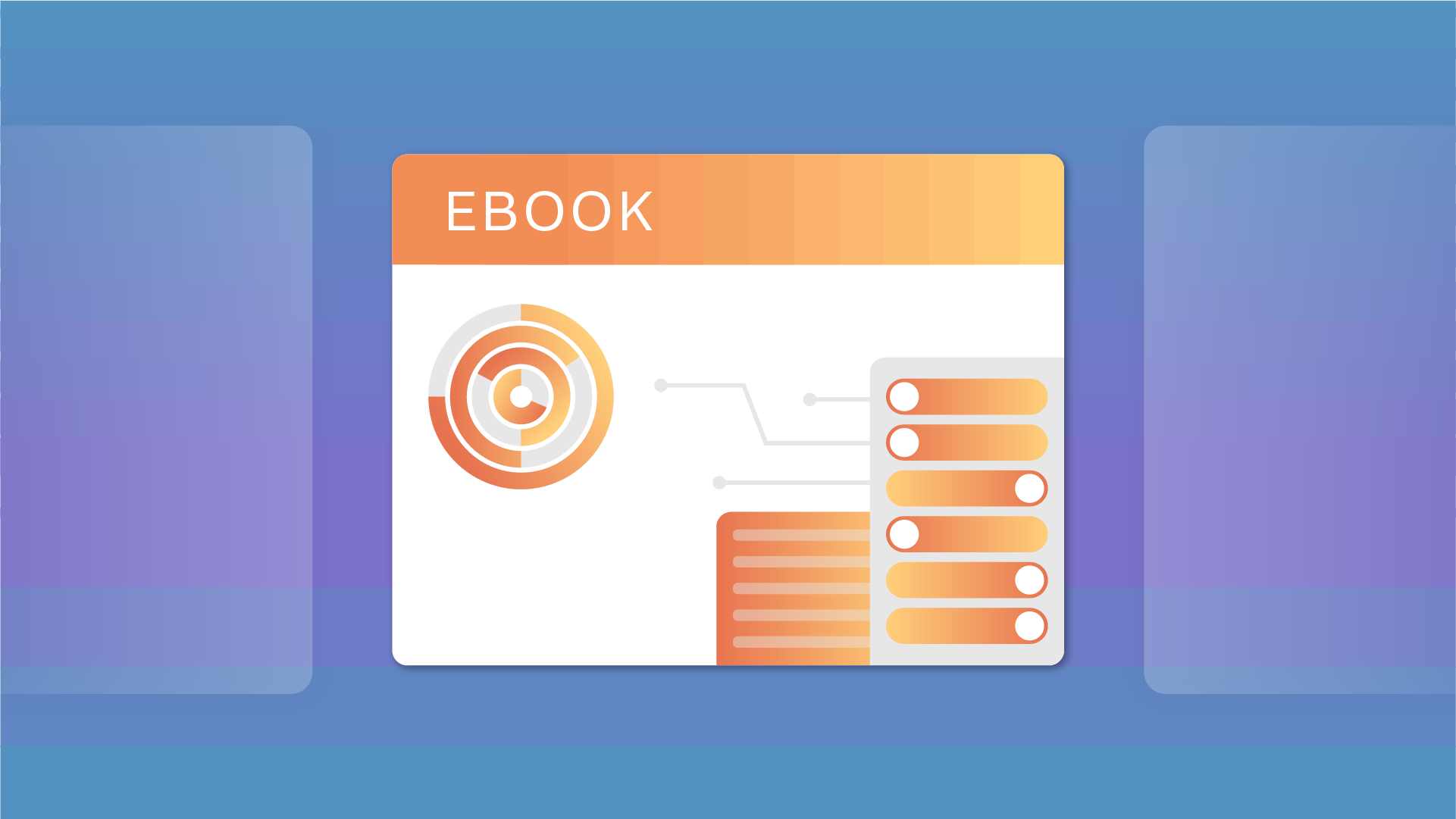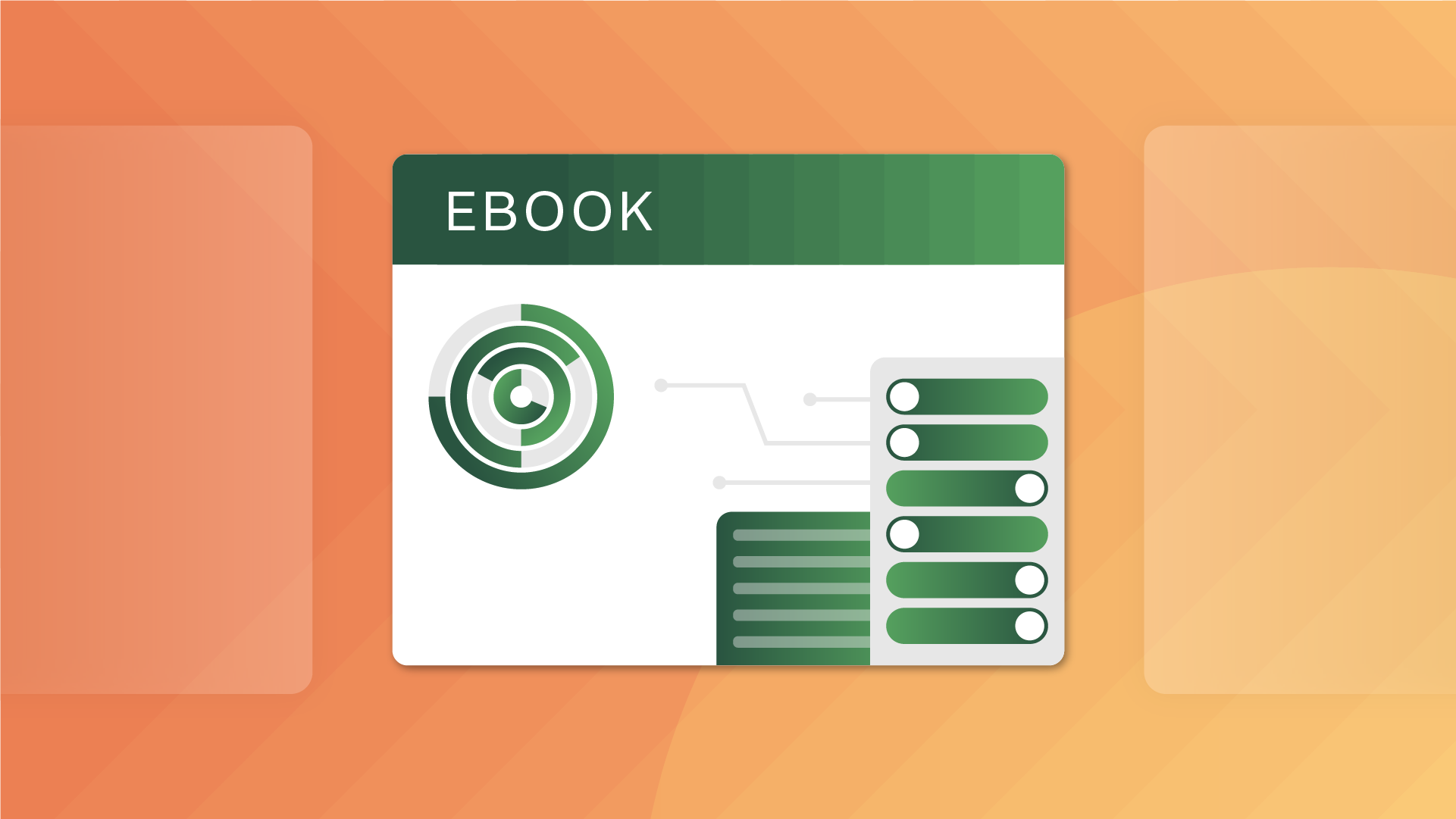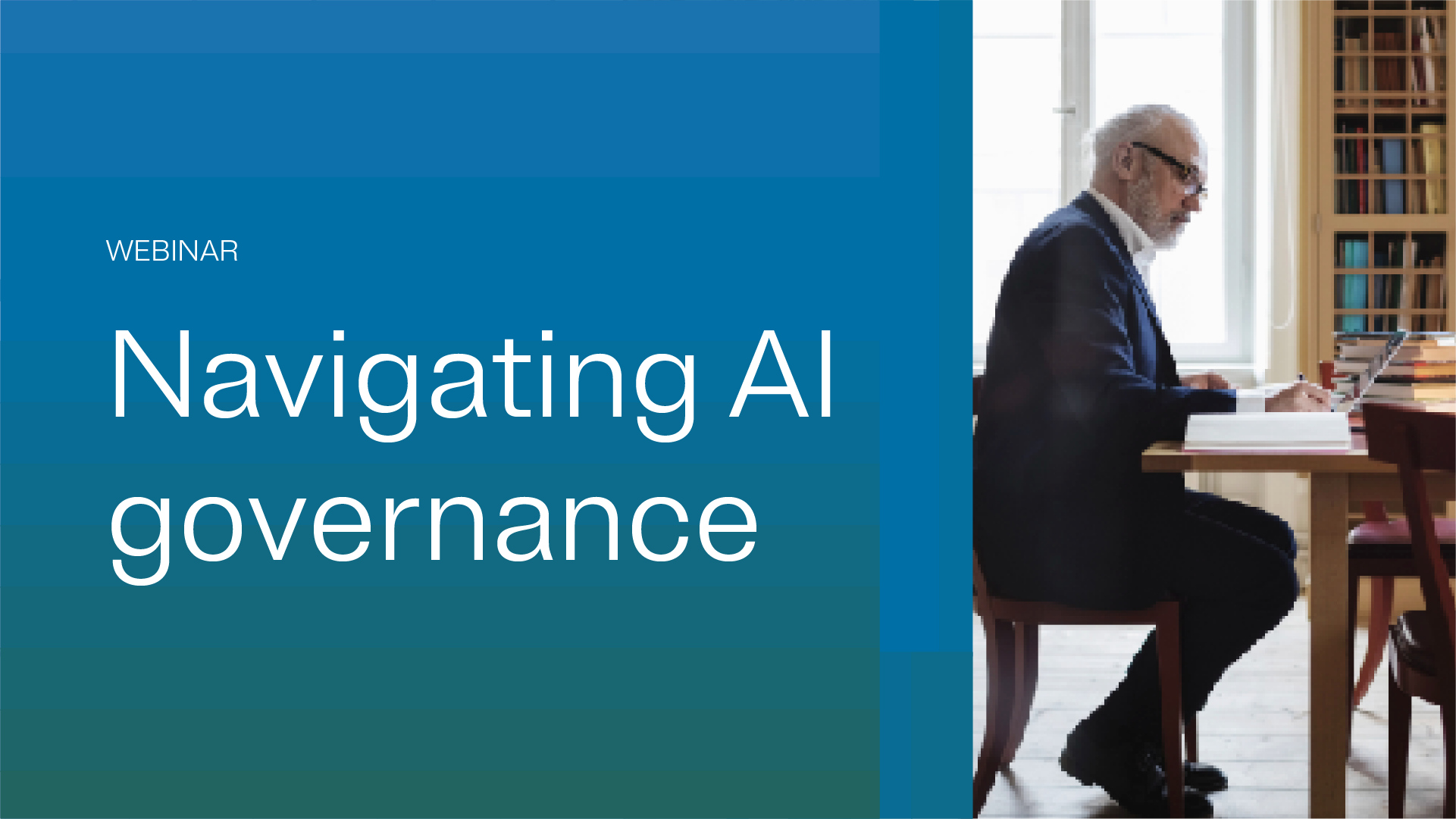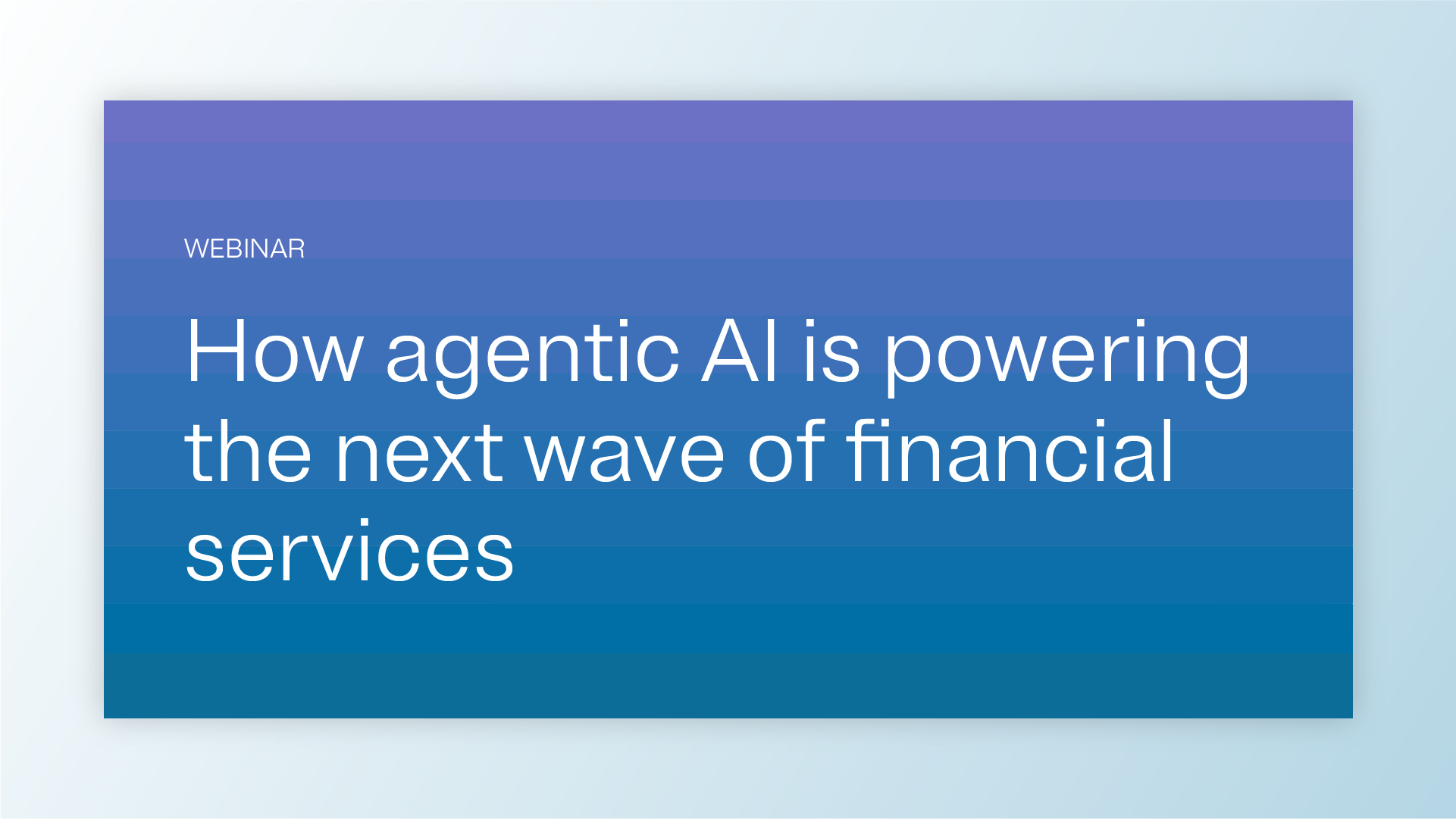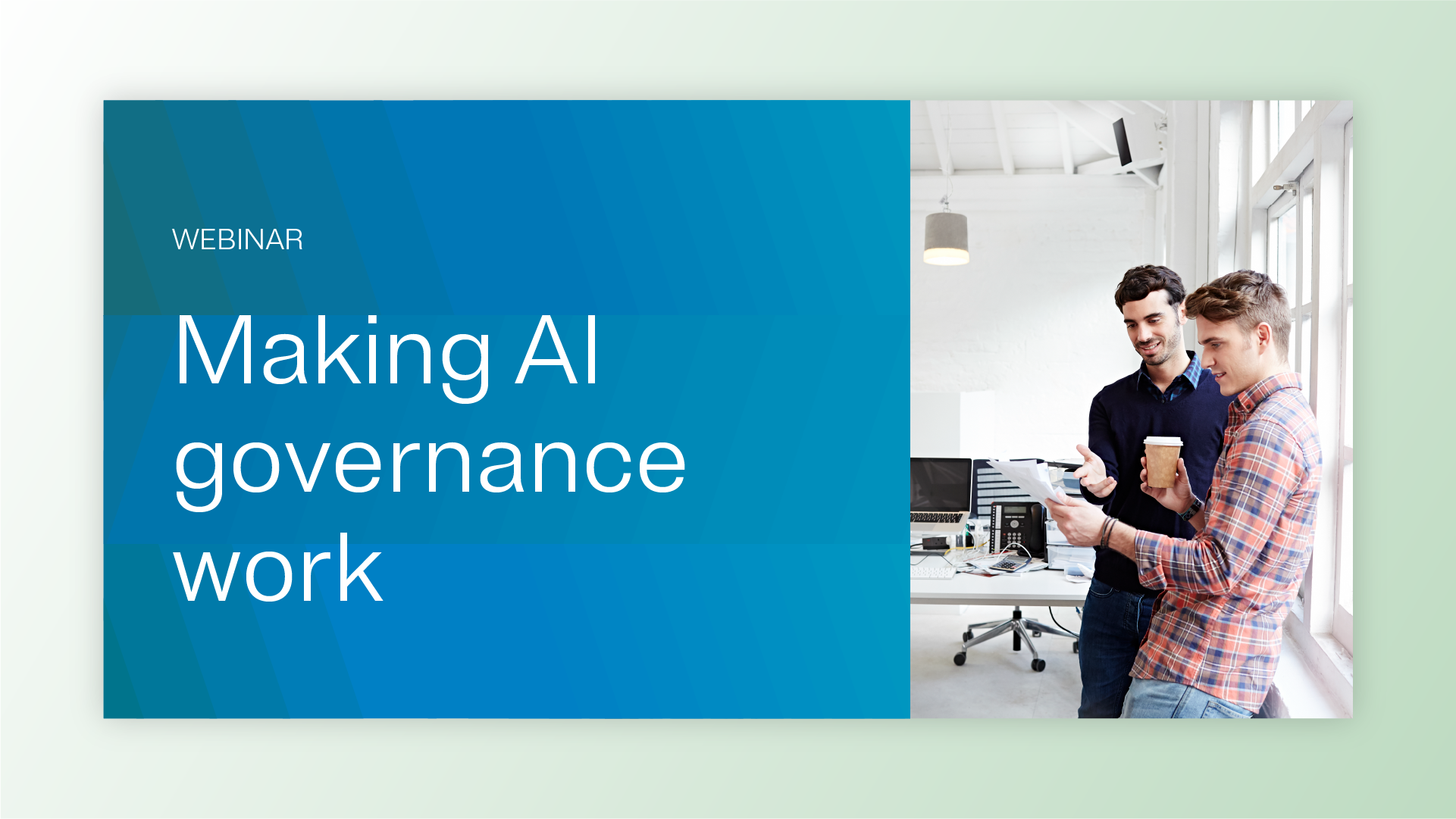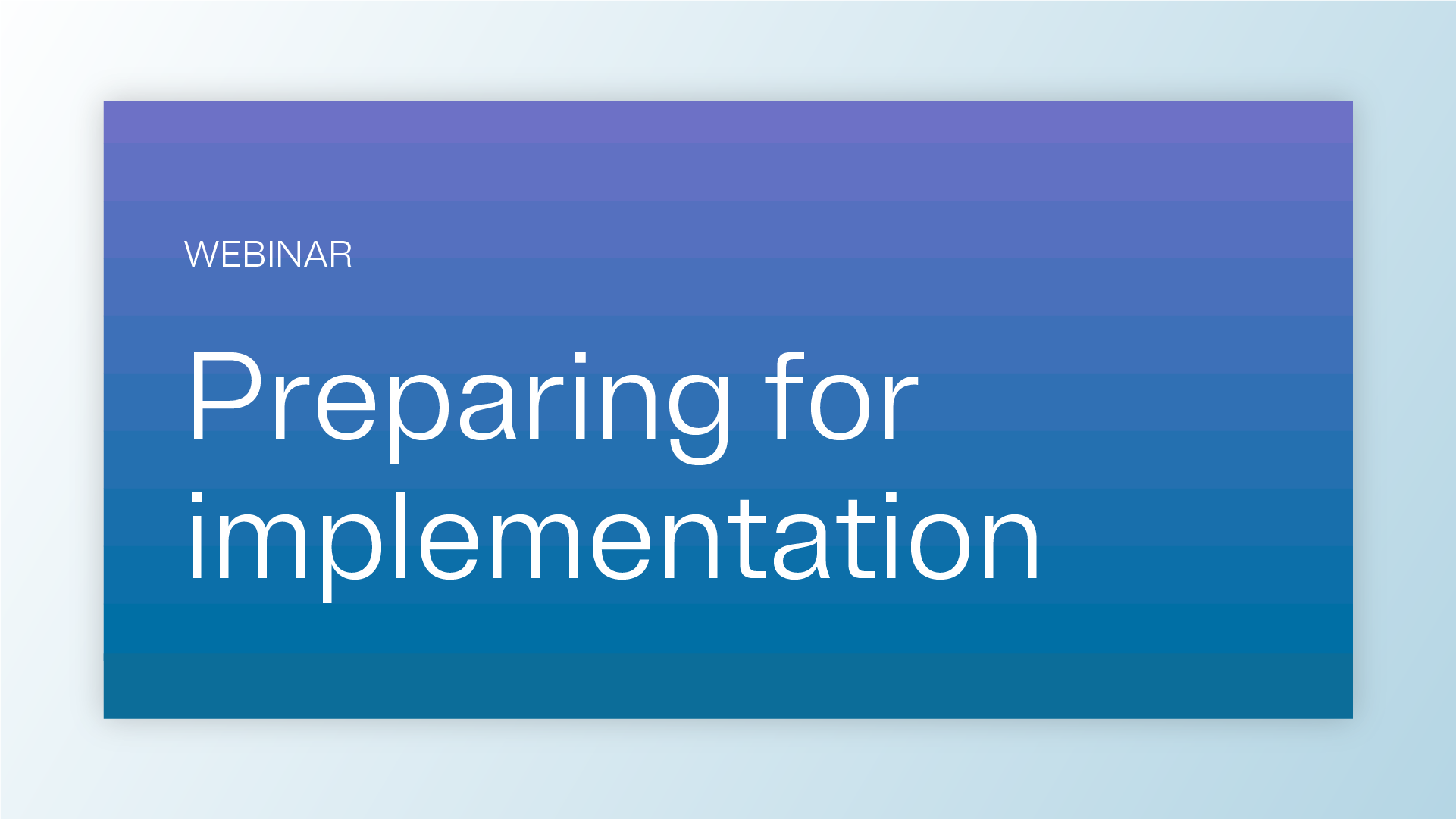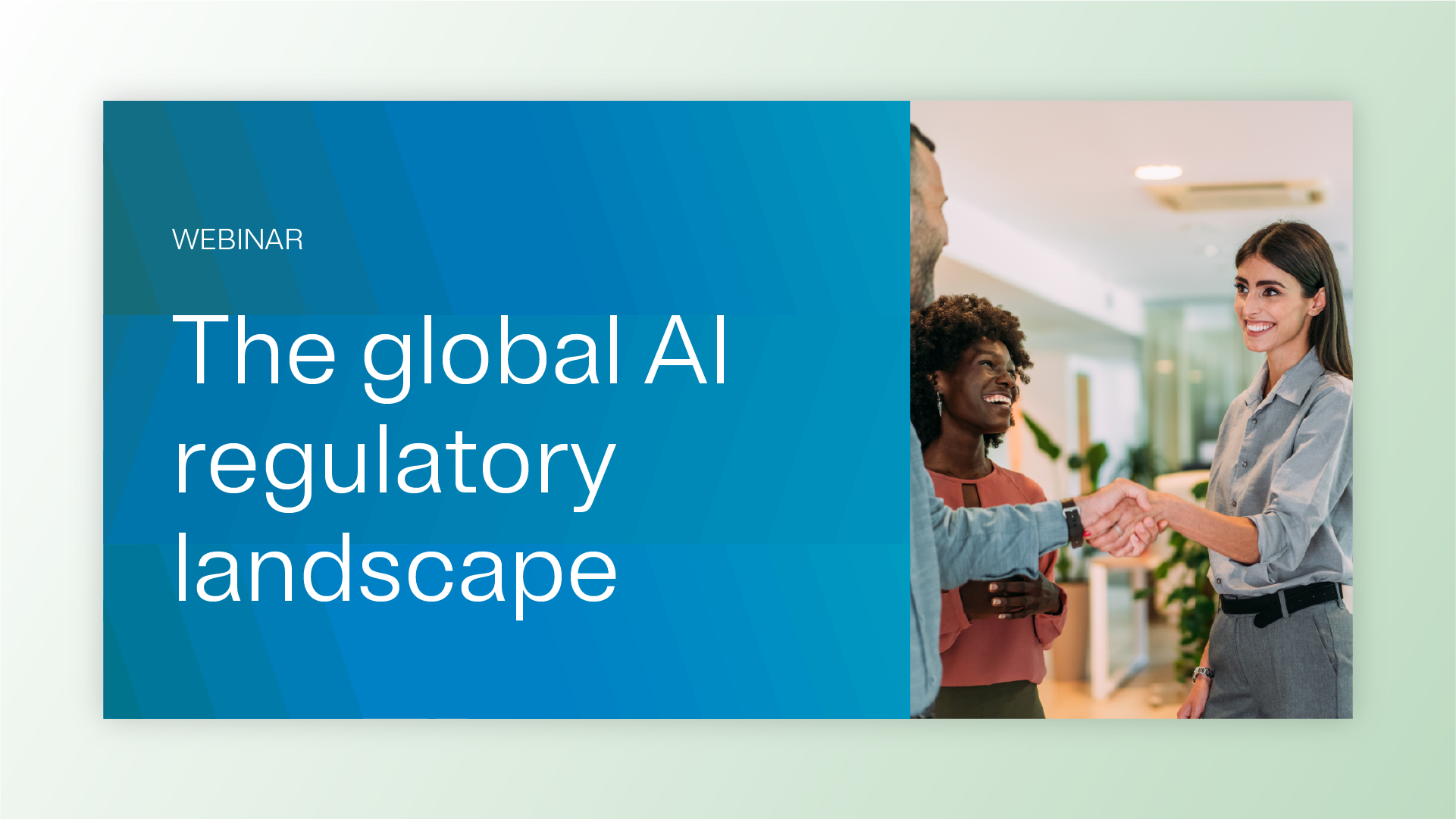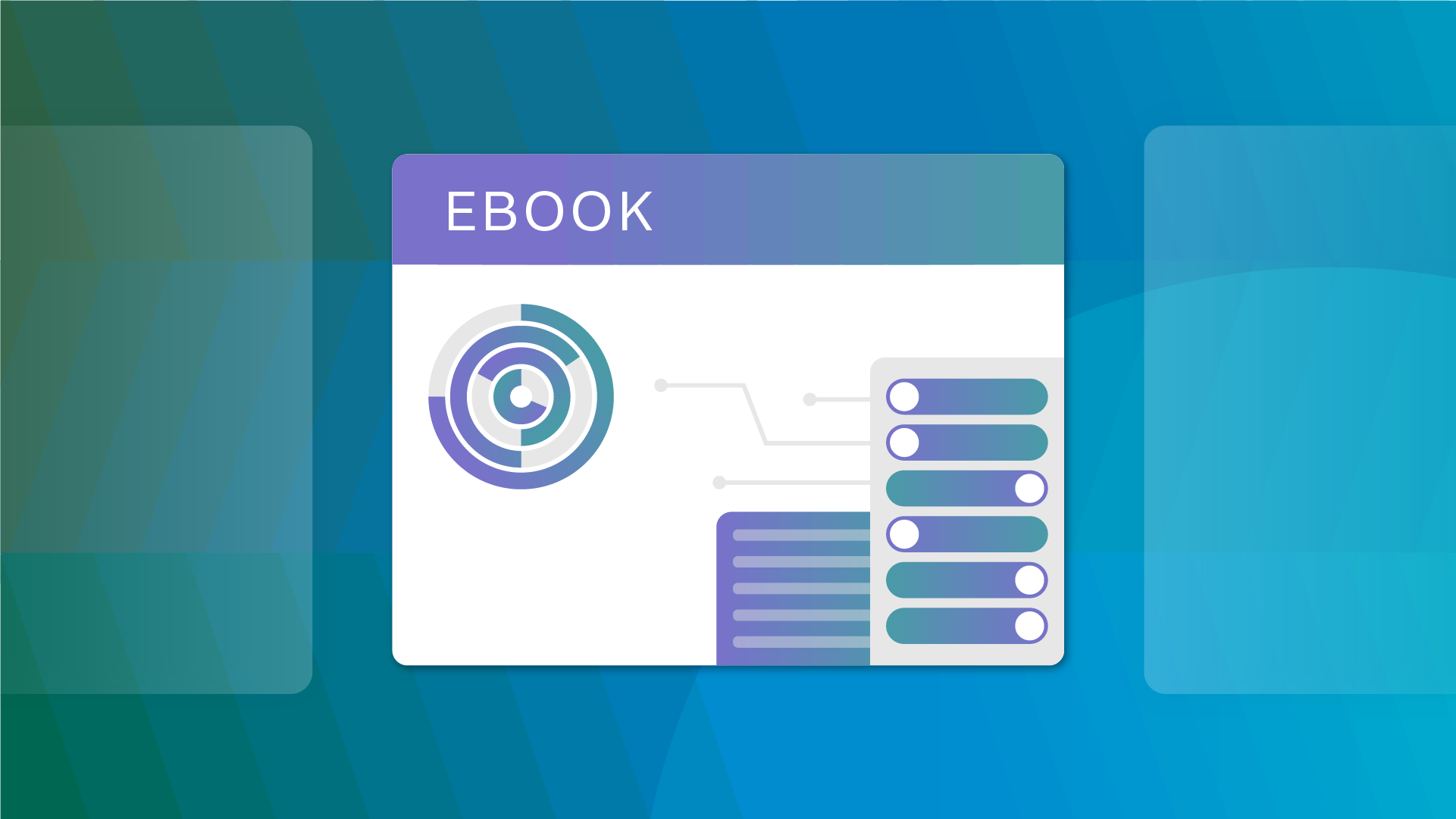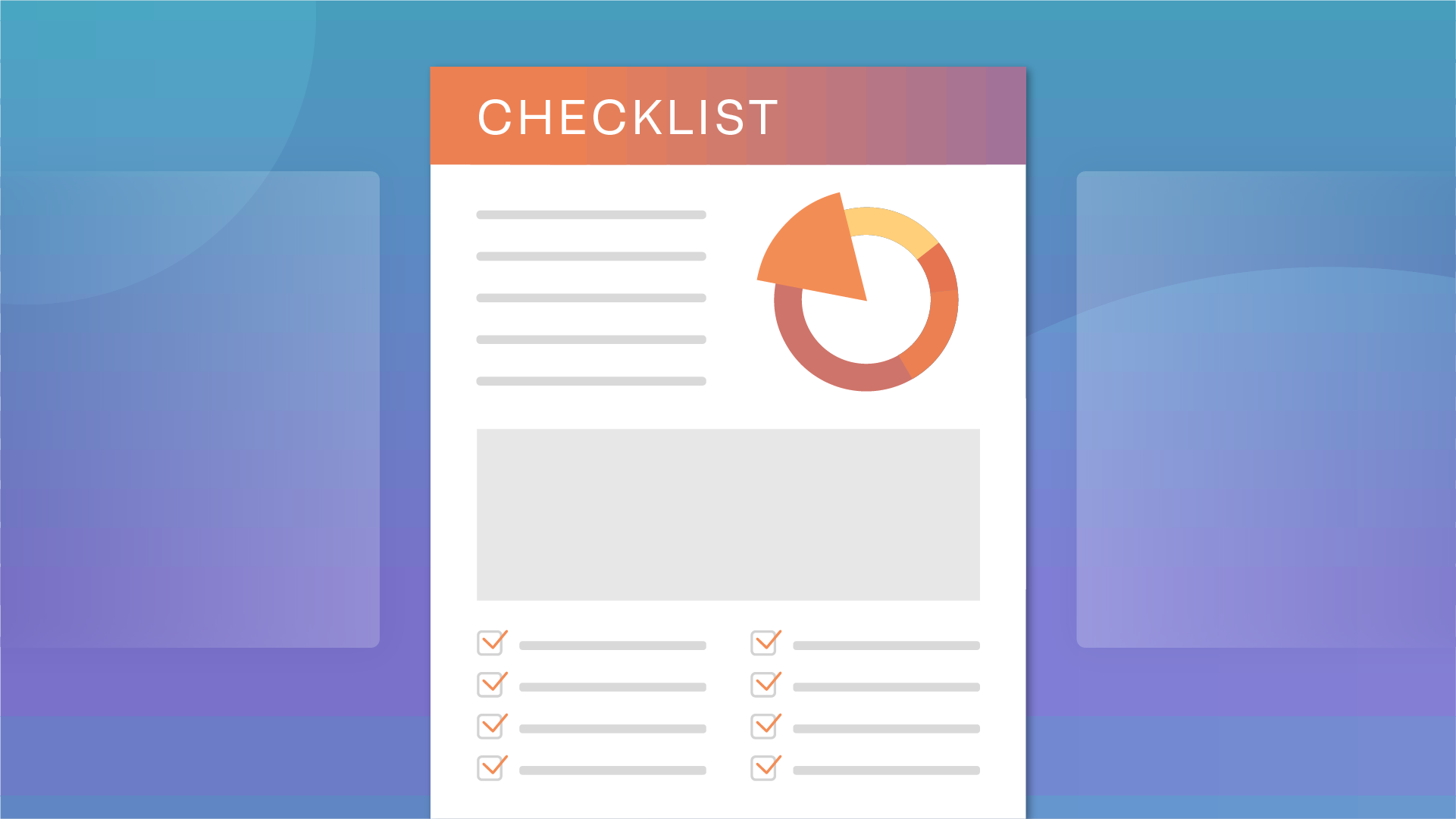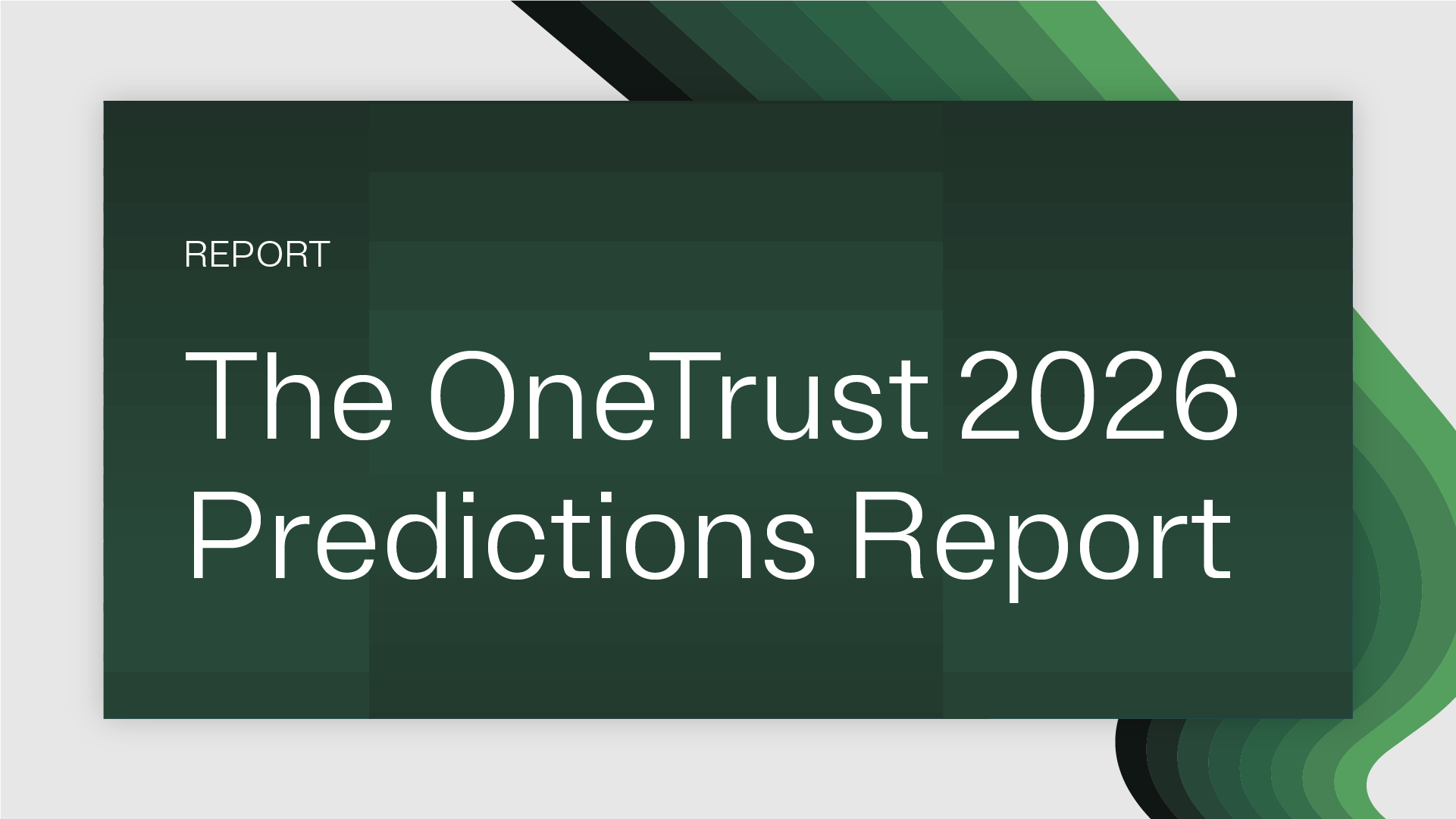With the rise of AI technology, ISO 42001 emerges as the world’s first AI management system standard.
Published in December 2023 by the International Organization for Standardization (ISO) and the International Electrotechnical Commission (IEC), ISO 42001’s primary focus is to establish an AI management system (AIMS) that mitigates the risks associated with the development, implementation, and management of AI. It sets forth guidelines and requirements for establishing, implementing, maintaining, and continually improving AI management practices.
Key components of ISO 42001 include:
Guidelines for ethical Al use and governance, ensuring AI systems are designed, deployed and used responsibly
Requirements for transparency and accountability in Al operations, promoting trust among users and stakeholders
Standards for risk management processes, specifically addressing the unique risks associated with Al technologies
Who needs to comply with ISO 42001
While ISO standards are voluntary, ISO 42001 is applicable for organizations of any size, type and nature that are involved in developing, providing, or using AI-based products or services. The standard is relevant across all industries, including public sector agencies, corporations, or non-profits.
Benefits of ISO 42001 compliance
Certain aspects of AI, such as the lack of transparency in decision-making or its ability to continuously learn and adapt, demand a different approach to effectively managing risk. ISO 42001 was designed to help organizations strike the appropriate balance between AI innovation and governance. Adopting the standard can provide the following key benefits:
Reputation management: Enhances trust, traceability, transparency, and reliability in AI applications
AI governance: Supports compliance with legal and regulatory standards
Practical guidance: Identifies and manages AI-specific risks and opportunities
Identifying opportunity: Encourages innovation within a structured framework
Standards alignment: Ensures consistency with other management system standards related to quality, safety, security, and privacy
What sets ISO 42001 apart?
While ISO 42001 is the first international AI management system standard, there are other frameworks and regulations designed to manage the risk and use of AI within organizations. Here is how ISO 42001 compares to similar standards.
ISO vs. NIST AI RMF
ISO 42001 and the NIST AI RMF are two relatively new standards that address security, privacy, and ethical concerns related to the use of AI. However, each offers a distinct approach in how it applies to organizations.
ISO 42001 focuses on helping organizations that develop, provide, or use AI applications do so responsibly and effectively. It provides an integrated approach and guidance to managing AI projects, covering aspects such as leadership commitment, risk assessment, operational planning, performance evaluation, and continual improvement.
Organizations can opt to become ISO 42001 certified, which involves an audit by accredited third-party bodies. The certification is valid for three years with annual supervision audits.
The NIST AI RMF takes a broader approach to managing risks and promoting trustworthy AI systems across sectors and stakeholders. It consists of four functions – Govern, Map, Measure, and Manage – and prioritizes reducing threats and mitigating harms through AI systems that are ethical, fair, transparent, and trustworthy.
While the NIST AI RMF doesn’t offer certifications, many organizations often adopt the framework to enhance their existing AI risk management practices.
ISO 42001 vs. other ISO standards
ISO has multiple standards designed to help mitigate the risks and maximize the rewards of AI. ISO 22989:2022: Includes terminology for AI and describes concepts in the field of AI
ISO 23053:2022: Establishes an AI and machine learning (ML) framework for describing a generic AI system using ML technology
ISO 23894:2023: Provides guidance on how organizations that develop, produce, deploy or use products, systems, and services that utilize AI can manage its risks
ISO DIS 42005: Although currently in draft stage, this document provides guidance for organizations performing AI system impact assessments for individuals and societies that can be affected by an AI system and its intended and foreseeable applications
What distinguishes ISO 42001 from these standards is that it’s a management system standard (MSS), which includes requirements for policies and procedures not just for specific AI applications, but for comprehensive AI risk management across the entire organization.





